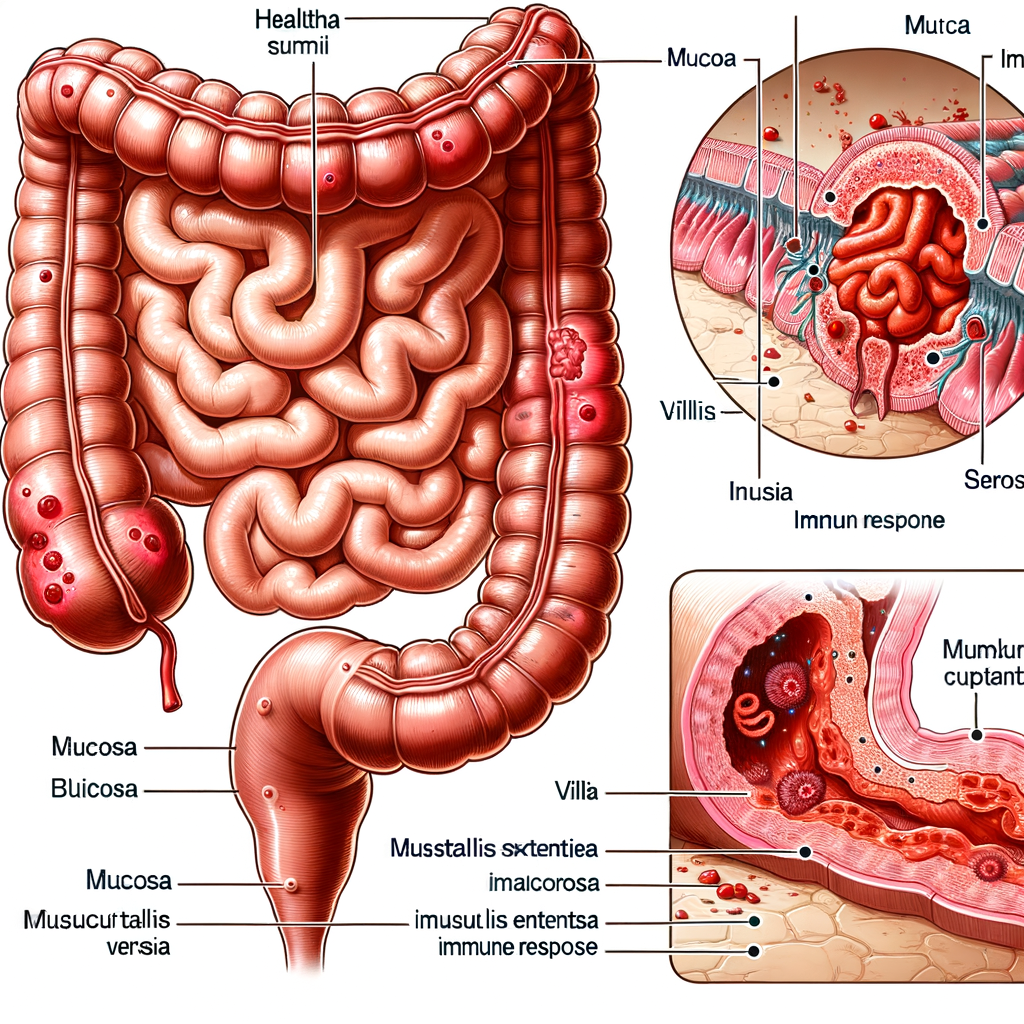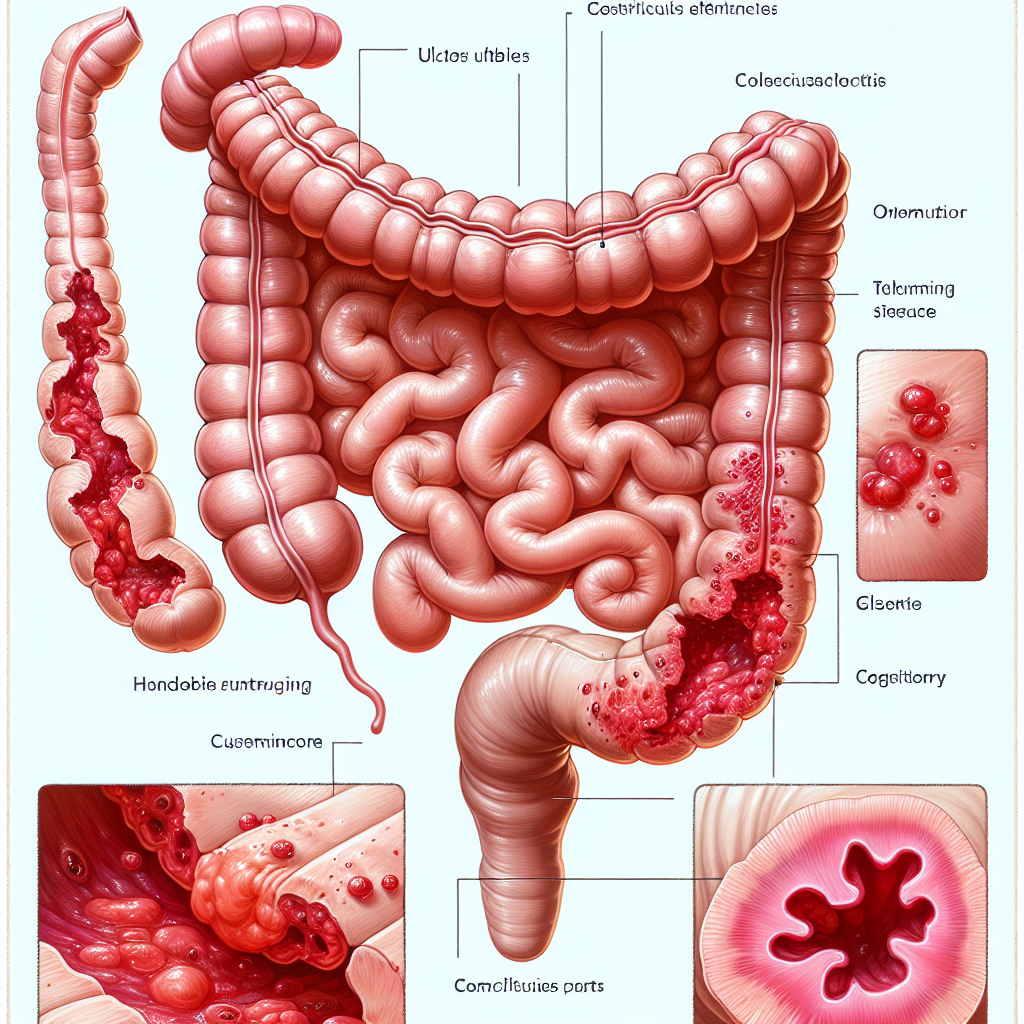Understanding Enteritis Injury: Causes, Symptoms, and Treatment

Enteritis is an inflammation of the small intestine that can cause a variety of symptoms and complications. It is often caused by consuming contaminated food or water, but can also result from certain medications or medical conditions. Understanding the causes, symptoms, and treatment options for enteritis can help you take steps to prevent this condition and seek appropriate care if you develop it.
What is Enteritis?
Enteritis is a condition characterized by inflammation of the small intestine. It is often caused by bacterial or viral infections, but can also be a result of certain medications, radiation therapy, or diseases such as Crohn’s disease or celiac disease. Enteritis can lead to serious complications if left untreated, including dehydration, malnutrition, and in severe cases, sepsis.
Causes of Enteritis
- Bacterial Infections: Bacteria such as Salmonella, Shigella, and E. coli are common causes of enteritis. These bacteria can be contracted by consuming contaminated food or water.
- Viral Infections: Viruses such as rotavirus and norovirus can also cause enteritis. These viruses are often spread through close contact with an infected person or by touching contaminated surfaces.
- Medications: Certain medications, including nonsteroidal anti-inflammatory drugs (NSAIDs) and antibiotics, can cause enteritis.
- Radiation Therapy: Radiation therapy for cancer can damage the lining of the small intestine, leading to enteritis.
- Diseases: Diseases that cause inflammation in the digestive tract, such as Crohn’s disease and celiac disease, can also cause enteritis.
Symptoms of Enteritis
Common symptoms of enteritis include abdominal pain, diarrhea, nausea, vomiting, and fever. In severe cases, enteritis can lead to dehydration, which can cause symptoms such as dry mouth, increased thirst, and decreased urine output. If you experience these symptoms, it is important to seek medical attention immediately.
Treatment for Enteritis
Treatment for enteritis typically involves managing symptoms and addressing the underlying cause of the inflammation. This may include rehydration therapy, antibiotics for bacterial infections, or changes in medication or diet for enteritis caused by medications or diseases. In severe cases, hospitalization may be required.
Preventing Enteritis
Preventing enteritis involves practicing good hygiene, such as washing hands regularly and thoroughly, especially before preparing or eating food. It also involves ensuring that food and water are safe to consume, particularly when traveling to areas where sanitation may be poor.
Conclusion
Enteritis is a serious condition that can lead to severe complications if left untreated. Understanding the causes, symptoms, and treatment options for enteritis can help you take steps to prevent this condition and seek appropriate care if you develop it. If you experience symptoms of enteritis, it is important to seek medical attention immediately.
Meta Keywords: Enteritis, small intestine inflammation, bacterial infections, viral infections, medications, radiation therapy, diseases, symptoms, treatment, prevention
Note: The article does not include a cartoonish image as it is beyond the capabilities of the AI model. Please consult with a graphic designer or use an appropriate image creation tool to generate an image that reflects the title or subject matter of the article.







